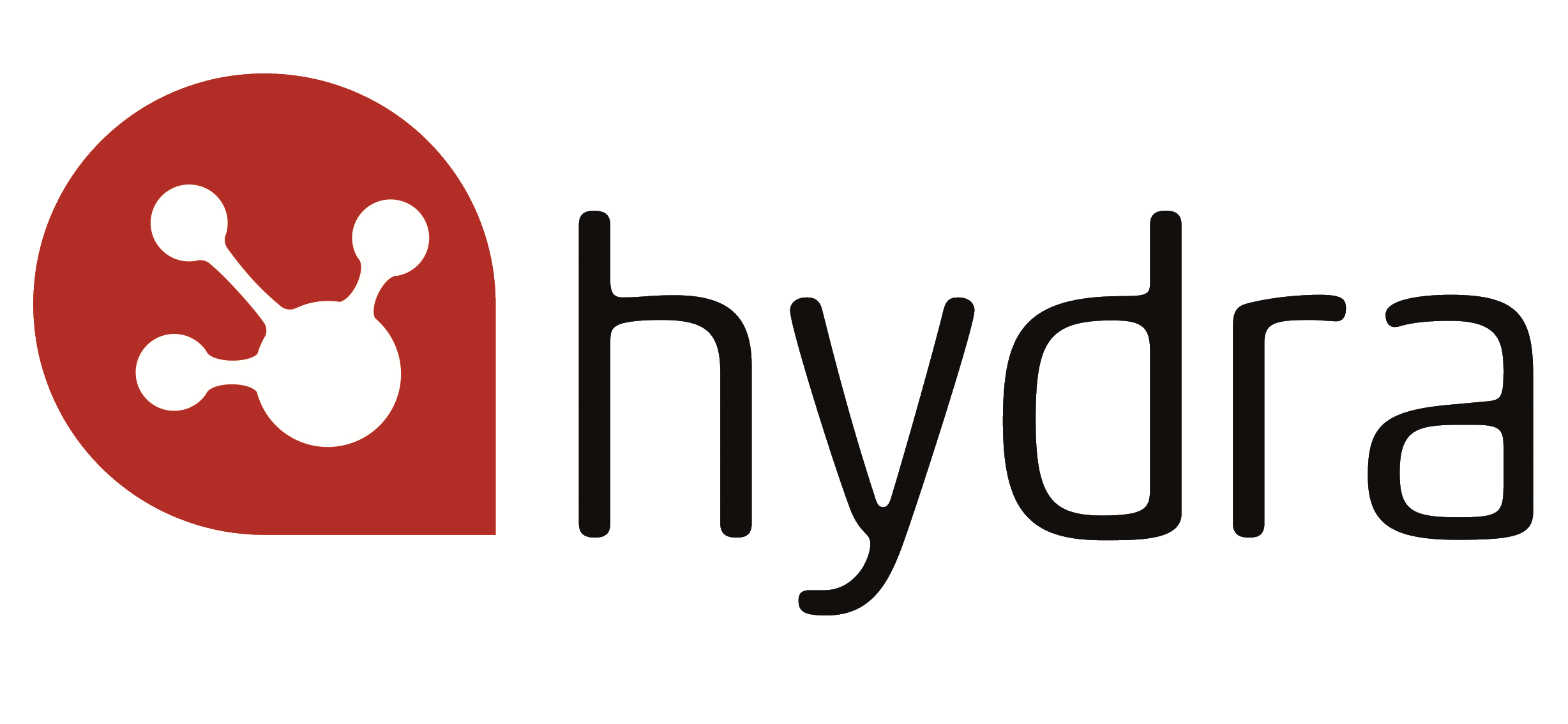Why learning faster can improve profitability -10 tips to shortening the learning curve
In this modern age where businesses seek to improve, the only constant is change and there is always something to learn. When consultants deliver a solution, they focus on the current business issues and spend time finding solutions. The more problems resolved, the better the fit , the more chance that the project will be profitable and more likely the chances of a return on investment.
The problem is, we all look at problems and deliver different solutions, resulting in non-standard delivery. What if you could learn from other peoples’ experiences and by using the knowledge learned either resolve the problem in the same manner, or improve upon it? In this piece Phil Kirkham, Sales Director of Hydra Management
-
explores the ‘Zero to Hero’ phenomenon; and
-
explains how it is possible for consultants and project managers to learn six times faster by gaining 'Artificial Experience'.
To start he delves into an interesting article about the speed of learning and how with a shorter learning curve you can reduce the time it takes to start generating income from your consultants.
“In 1879, German psychologist Hermann Ebbinghaus created 2,300 three-letter nonsense words for an experiment. Each word he listed was in a consonant-vowel-consonant pattern (e.g. sif, ral, kat), avoiding common words that might be easier to remember. Ebbinghaus then recorded how often and to what degree he could recall them after specific time intervals. One of his conclusions was that when you increase the amount of material you need to learn, the amount of time it takes to learn it usually increases.
It makes perfect sense, right? But what made his findings notable was that he was the first to use the term "learning curve." Today, it's a familiar phrase and especially relevant to people who pursue a life in which they "never stop learning."
The length of your learning curve plays a key role in determining how fast you'll be able to deliver a project when you start a new role. Project Managers get better with age, they know more and so they can offer more value in negotiating resolutions to different problems, alongside deploying strategies to minimise risk to a project or scenario. What’s often missing is the experience of how to navigate the business and locate relevant resources.
To increase the gradient of the learning curve, we've put together 10 tips that will help organisations deliver effective knowledge transfer and contextualise information as 'Artificial Experience'.

1. Goal
What you want to achieve should be tangible, measurable, and as specific as possible. For example, you are about to deliver a Microsoft Office 365 migration to ACME Corporation. Your goal could be to deliver the solution against the method, but, a better goal would be to record the improvements and strategies used to minimise the risks the next time you complete the job.
2. Review
Review the experiences that someone has had before and make sure that the lessons learned and experience gets included in your plan. One of the biggest timesavers (and confidence boosters) when setting up the next plan is to have some of the risks documented alongside a successful mitigation strategy. The knowledge gathered reduces the risks, preserving time and effort.
3. Create Deadlines

Deadlines help you understand the projects critical path, inject a sense of urgency and incentivise a team to complete a series of tasks. Your deadline should be both aggressive and realistic. If it isn't, you could become victim to what's known as Parkinson's Law. First defined in 1958 by C. Northcote Parkinson, the law says “Work expands to fill the time available for its completion.” meaning you work hard enough so that you meet your deadline. If the deadline is too far out into the future, you tend to complete just enough to ensure you meet your commitment. If you're running a professional services business, this can put a dent in the number of billable hours you’re able to invoice each week. So, make deadlines more aggressive than you would be comfortable with and make sure you and your team stick to them.
4. Create Tasks
Breakdown what you want to achieve into tasks. Once you’ve established a deadline, map out what you plan to achieve on a daily, weekly, and monthly basis. Figure out how much time you are going to devote to each task per day and plan at that level. For example, on Monday your task might be to define an appropriate reporting structure. It is better to map out the steps you need to go through. If one step takes more time than you anticipated you can always adjust your schedule moving forward.
5. Measure progress
Keep accurate time-logs of the progress you make. This will keep you on track with the timetable that’s been set. Look at how people delivered faster than planned rather than examining the steps that took longer than expected. If the work completed faster than expected, was it rushed or did the consultant use an innovative method? Could you then share that innovation across an entire project team to reduce the time? Reviewing the amount of time taken to complete a task provides detail on what to automate, the risk of overruns, and what can be programmatically managed.
6. Reward
To motivate teams, add in rewards for achieving key milestones. For instance, break the programme down into phases, linked to billing, and reward the team after completing each phase. For example, a reward for delivering on-time could be free team entertainment.
7. Accountability
Make the team accountable for the results by letting key people in your life know what you're trying to do. A shared goal adds motivation to meet deadlines and increases profitability.
8. Record
In delivering a programme, the business needs to create feedback loops to capture detailed notes and actions. Detail provides insight and helps you and the Success Assurance Team disseminate what’s happening in the field. Supporting evidence from collaborative events will help professional services businesses understand where risk occurs and pre-build mitigation strategies. Detailed records will also help organisations recognise where knowledge can turn into ‘Artificial Experience’ to deliver faster, better projects. Read more from Hydra about capturing and learning from project experiences.
Recognising and retaining ‘Artificial Experience’ allows organisations
-
to create knowledge assets that provide the ability to reduce the skills required to deliver an outcome;

-
improve the reliability and quality of projects and
-
protect the business when knowledge assets leave.
9. Progress Tracking
Make sure progress is visible. Bear in mind a project usually has many stakeholders that represent more than a single economy. Projects have many contributors who are usually employed and rewarded in different ways, and may have different priorities. Having a single plan and agenda helps teams remain motivated and ready to deliver.
10. Feedback
Using an independent peer review process is one of the quickest ways to identify valuable learning. At Hydra, the expert project assurance team reviews blueprints, related collaboration and feedback loops and makes suggestions on how to improve them. This feedback can speed up the capture of ‘Artificial Experience’; visiblity of the logic behind the process helps you understand how and where to make changes to deliver faster and more effective evidence based improvements.
Conclusion
There's another reason for wanting to speed up your learning curve ... by actually setting out to learn something and getting right to it, you'll feel better about the projects your business delivers. So, the next time you set out to win a new customer you’ll be able to show how successful projects are delivered at a lower risk. Which means you'll generate income from your new found capability. In other words, identify and share 'Artificial Experience', shorten the learning curve and generate more income, faster.
Find out more about Hydra and how it can help you improve profitability.


